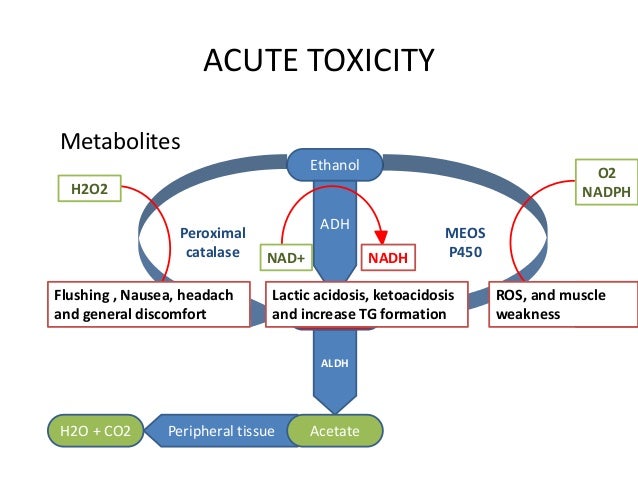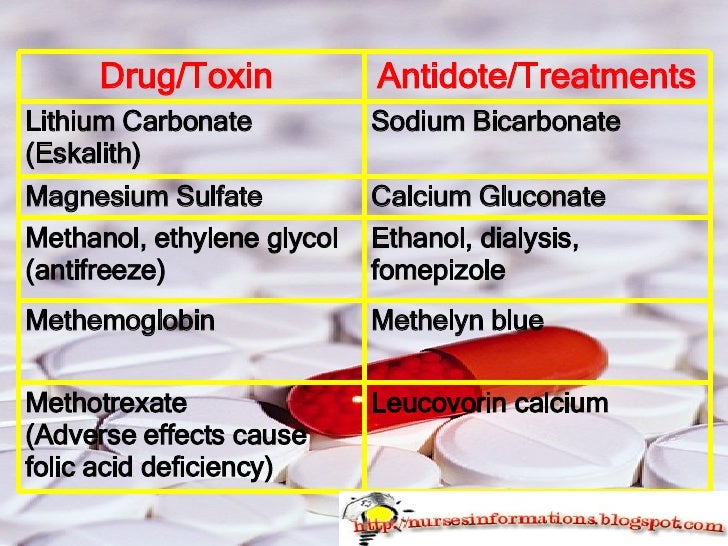
Mucinex is the brand name for the over-the-counter medication guaifenesin. What is the Difference between Mucinex and Mucomyst? However, there may be generic versions of acetylcysteine available if they have been approved by the FDA. Yes, the brand name Mucomyst has been discontinued in the United States. However, when administered with a nebulizer, Mucomyst is effective in helping break up mucus so that it becomes easier to cough up for removal. No, Mucomyst is available as a solution for nebulization and must be used with a special aerosol-generating device. Its use requires medical supervision and is often administered via nebulization by a trained respiratory therapist.

Clinical data in well-done trials in humans will be needed to support the experimental animal data.Mucomyst is a prescription medication, so it cannot be purchased over-the-counter from a retail store. In contrast, animal models of acetaminophen toxicity demonstrate that ranitidine does not afford protection from acetaminophen hepatotoxicity.

Administration of cimetidine well after the overdose is also protective. That cimetidine protects against acetaminophen toxicity in animal models has been demonstrated on the basis of improved survival, as well as decreases in several critical elements used to monitor acetaminophen toxicity: classic histologic changes, aminotransferase activity, metabolite covalent binding, and liver glutathione depletion. Also, it has little effect on the nontoxic routes of elimination of acetaminophen and is itself quite nontoxic. The H 2-receptor antagonist cimetidine inhibits the cytochrome P-450 system, does not interfere with the administration or function of NAC, and therefore affords additive protection. An alternative or additive approach to therapy would be to inhibit the formation of the toxic metabolite by inhibiting the cytochrome P-450 system. Present treatment of acetaminophen overdose involves oral N-acetylcysteine (NAC), which enhances liver glutathione synthesis. Acetaminophen, a drug frequently taken in intentional and accidental overdose, causes liver toxicity when concentration of the cytochrome P-450-derived metabolite exceeds the metabolic capacity of available glutathione.


 0 kommentar(er)
0 kommentar(er)
